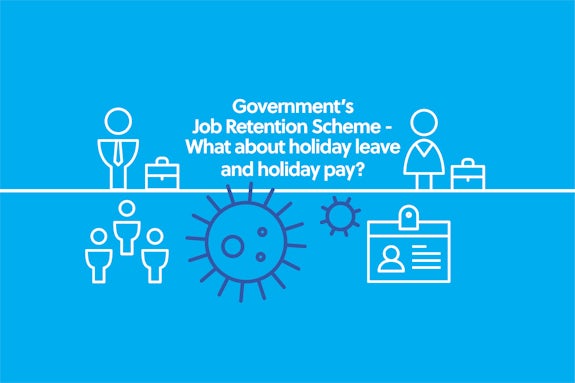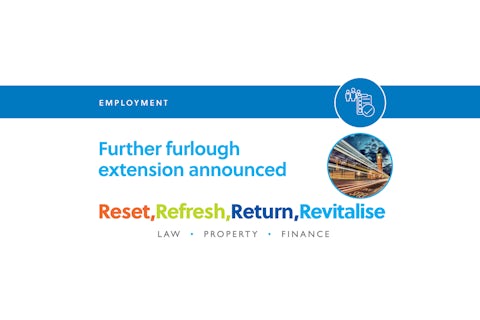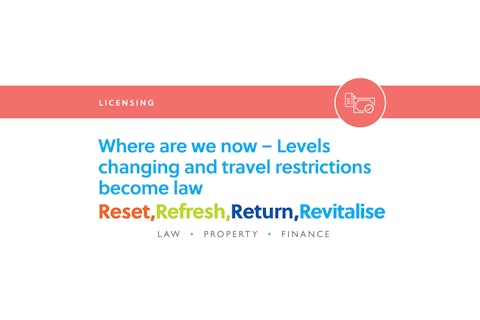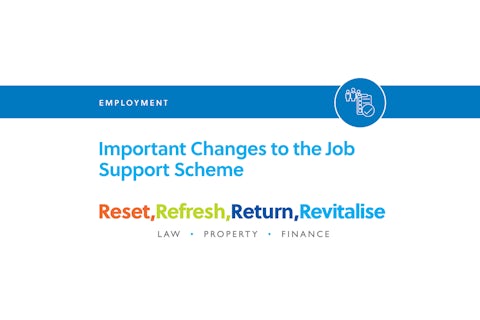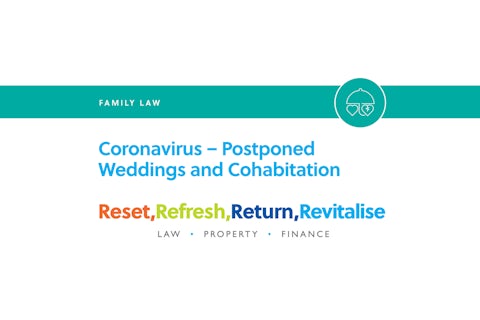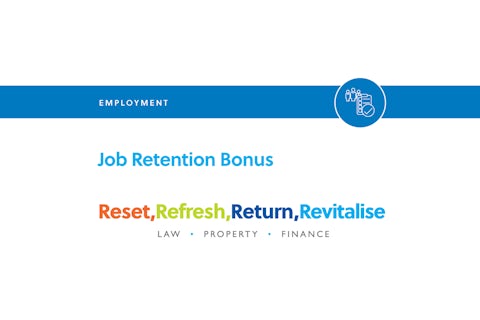Over the weekend, the Government updated their guidance for the Job Retention Scheme, clarifying some of the issues we have been dealing with for our clients.
The updated guidance is here – https://www.gov.uk/guidance/claim-for-wage-costs-through-the-coronavirus-job-retention-scheme?mc_cid=177bacbc11&mc_eid=e168a8d993
For those following our previous blogs, you will see that we are trying to summarise the guidance and focus on what are the main points. We believe these points are as follows:-
- Furloughed employees can take on additional employment for a different employers. This was not prohibited in the earlier guidance, but the new guidance expressly allows it, meaning furloughed employees can get 80% of their former salary, up to £2,500 and then receive additional salary for their new job. The guidance does say it has to be allowed under the old employment contract, therefore check your contracts. If there is no such provision on additional work, it is simple enough to make a change to that contract which would allow the Furloughed employees to take on a second job.
- When calculating “salary” before applying the 80% figure, the employer can add in “compulsory” (which is likely to mean ‘contractual’) commission back from HMRC, as well as basic salary. This is good news for those employees whose income is reliant on commission payments.
- When calculating the 80% “salary” you cannot include non-monetary benefits (e.g. the value of a company car). Whether you will be able to take into account car allowances remains to be clarified.
- Company directors can be furloughed and during this period are still able to perform their statutory duties, but not other work for the company. As to what interpretation will be given to statutory duties is not clear and further guidance will be required – does it mean simply filing company books and dealing with regulatory matters, or would it allow you to keep an eye on emails to keep the business ticking along?
- Employees can be furloughed multiple times. In other words, they can be furloughed, brought back to work, and then re-furloughed (subject to each furlough period being at least three weeks). This will allow some employers, who require a minimum level of staff, to rotate their available workforce.
What about holiday leave and holiday pay?
There is still no guidance on the very thorny issue of holiday leave and holiday pay for furloughed workers. Under the Working Time Regulations 1998, an employer is able to dictate to their employees when holiday will be taken, subject to certain notice provisions. Many employers would want their employees to be using up their accrued holiday entitlement during furlough leave, to avoid multiple holiday requests coming in once we are out of this current period of lockdown. Whilst the Government have extended the period of carry over to alleviate some of this burden, it would make a lot of sense for people to use holidays when on leave.
The Government seems to recognise that furloughed workers can also be on maternity leave and receive Statutory Maternity Pay, so why can’t furloughed workers be on holiday pay and get holiday pay?
If you are allowed to insist that your employees use their holiday entitlement, then at what rate should that be paid? Would it be their “salary” in terms of the Job Retention Scheme (of the 80% subject to the cap), which will not take account of any bonuses or certain commissions, or will it be their “normal remuneration” which will be based on current case law and on 100% of their previous remuneration? Can you claim under the Job Retention Scheme for those furloughed workers on holiday leave, meaning the Government are in essence funding that holiday pay payment?
We will need to wait and see what further guidance is produced and we will of course be updating our articles, so keep checking our website for details.
If you have any questions, then please contact one of our employment law partners, Stuart Robertson (srobertson@gilsongray.co.uk) or Graham Millar (gmillar@gilsongray.co.uk).
The information and opinions contained in this blog are for information only. They are not intended to constitute advice and should not be relied upon or considered as a replacement for advice. Before acting on any of the information contained in this blog, please seek specific advice from Gilson Gray.

